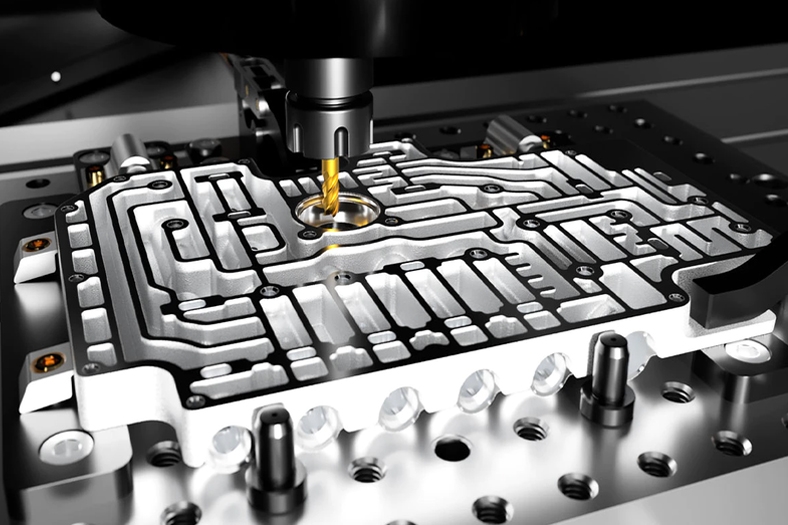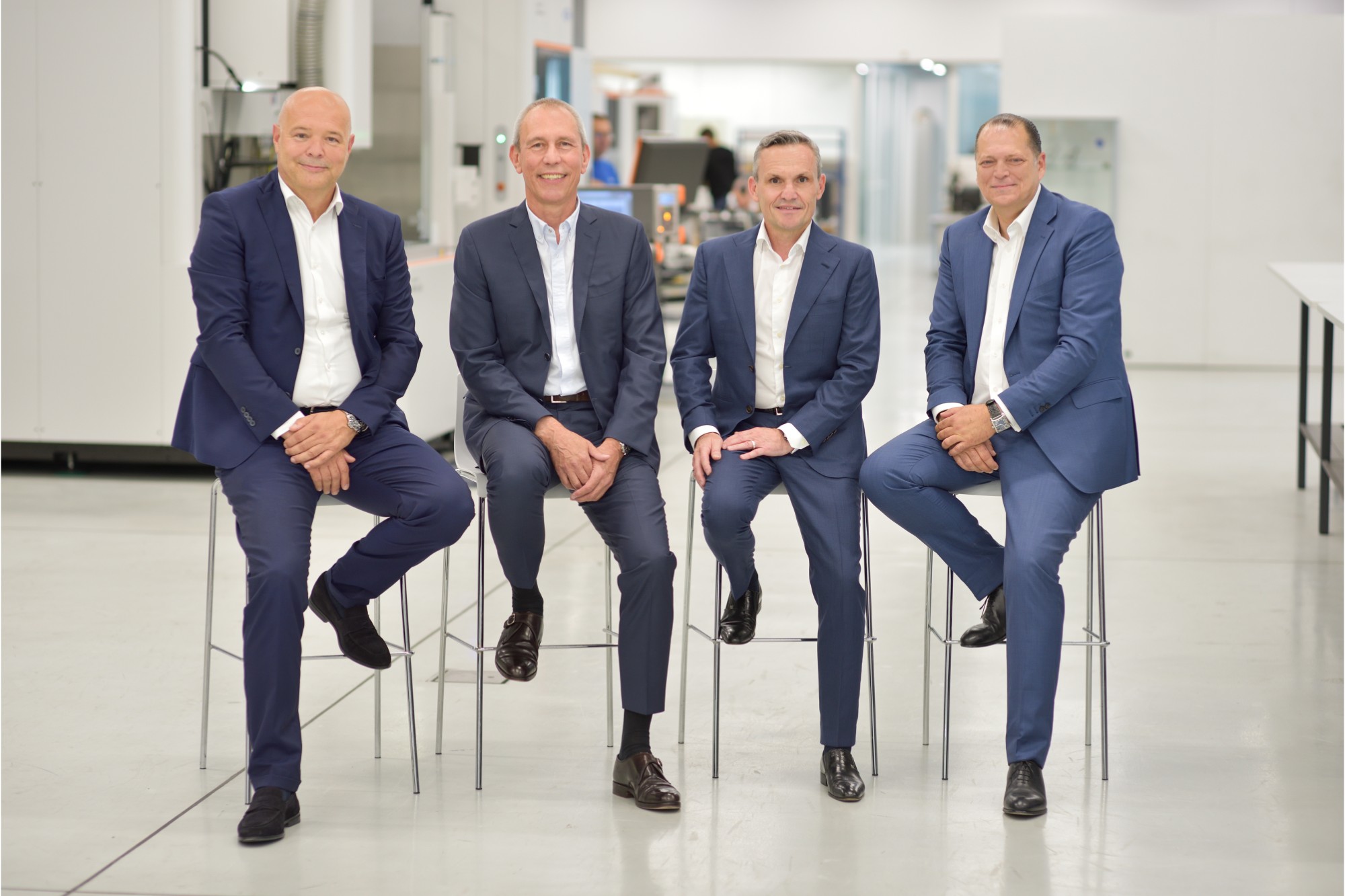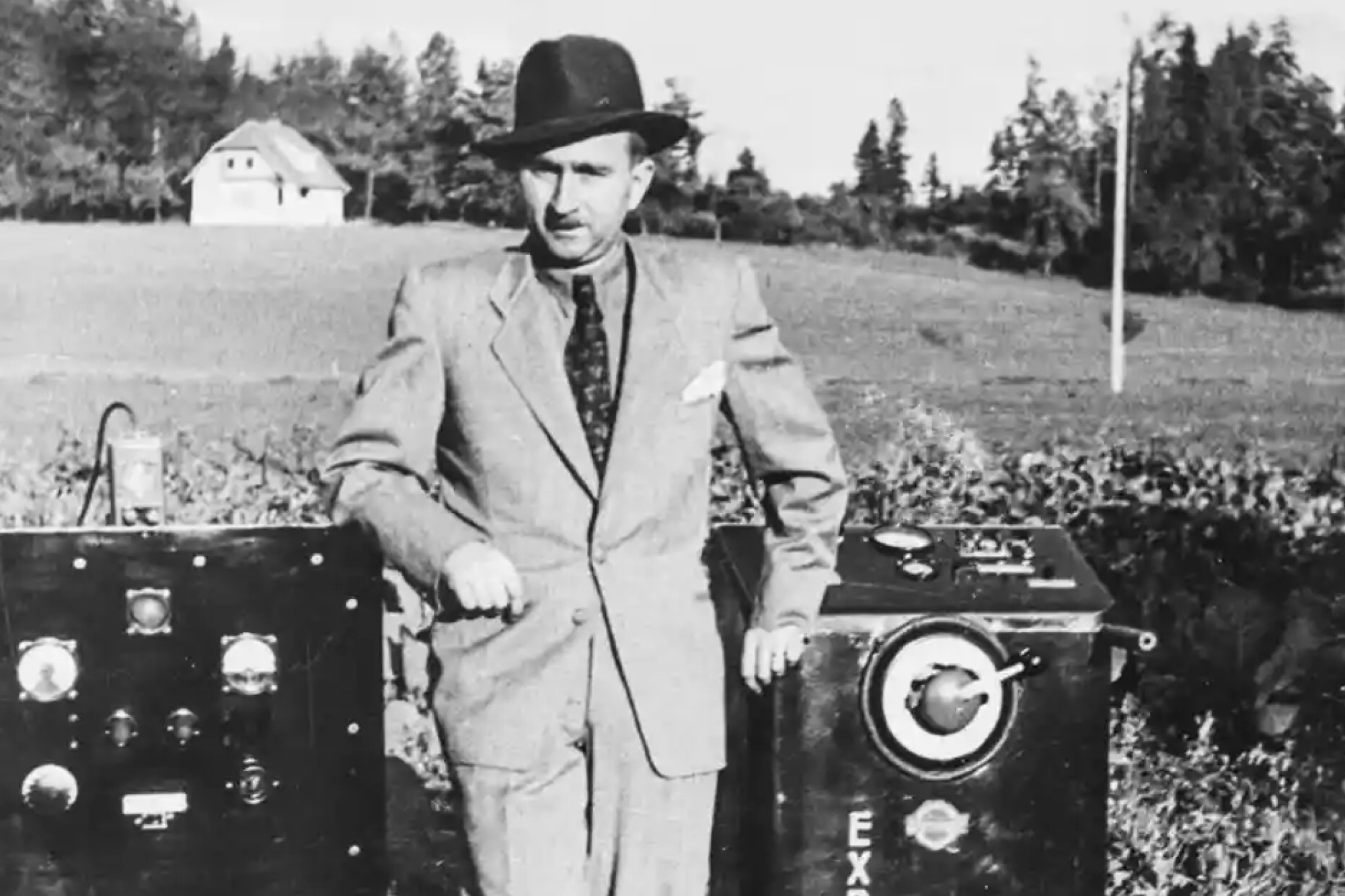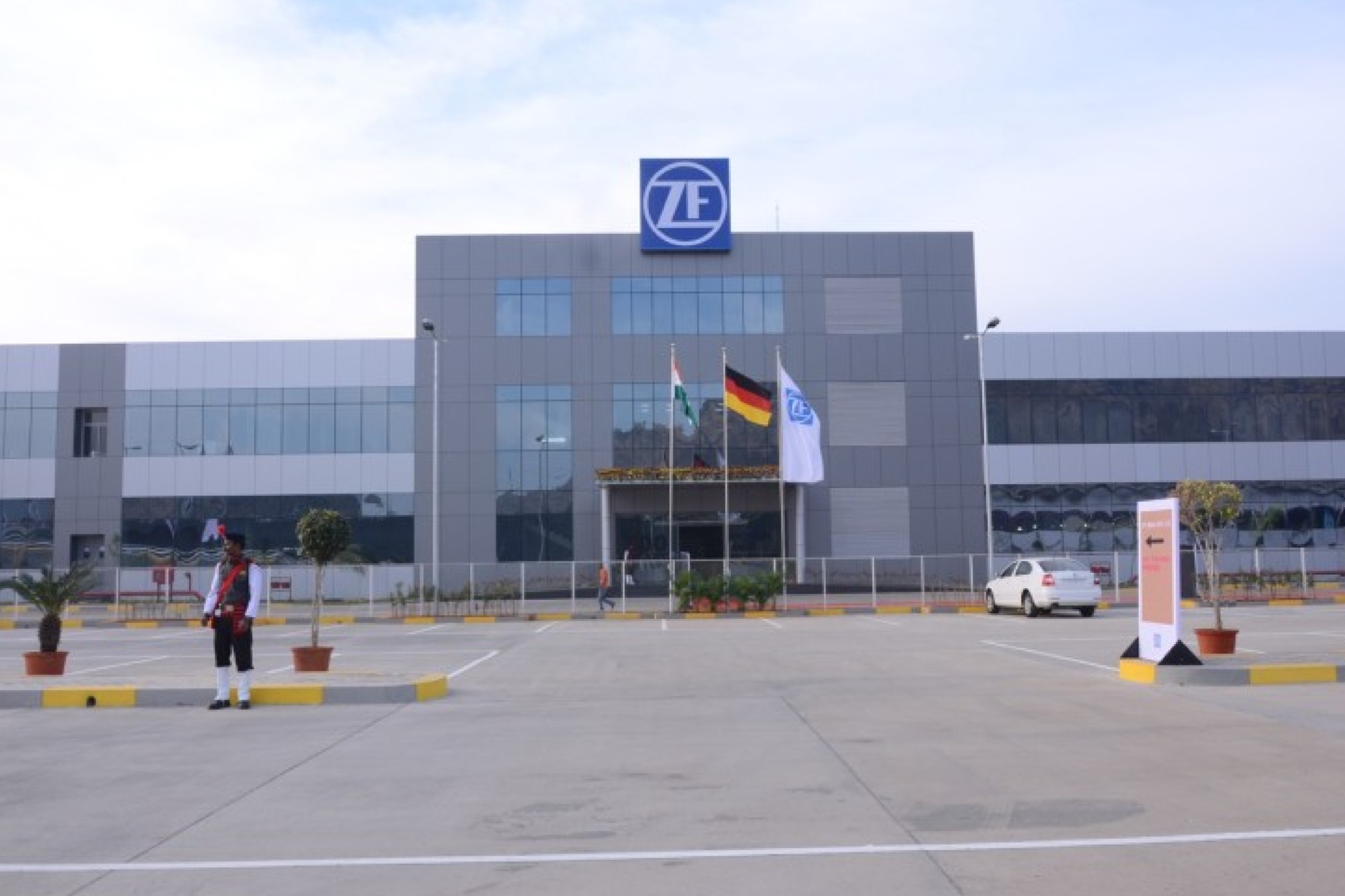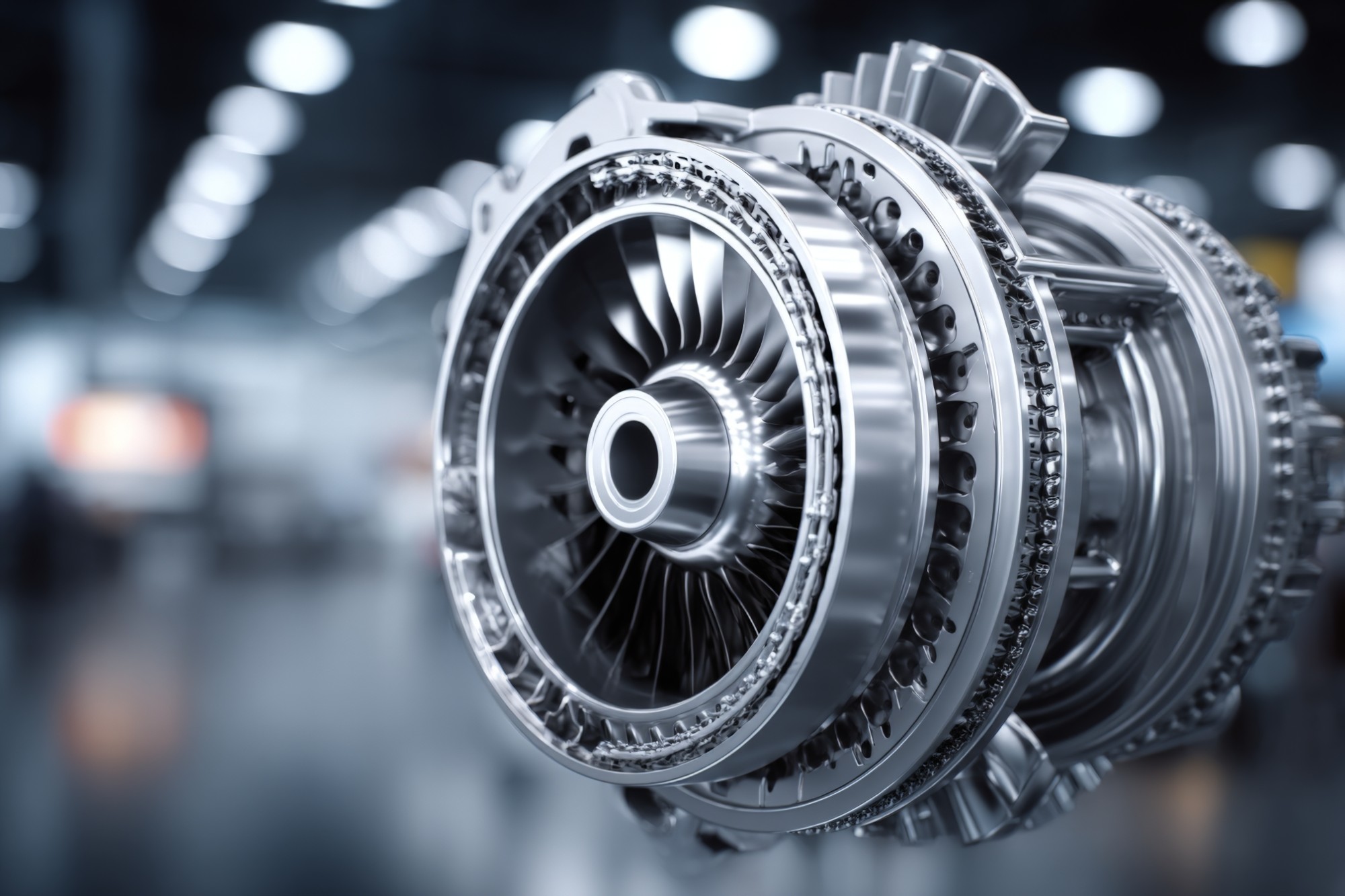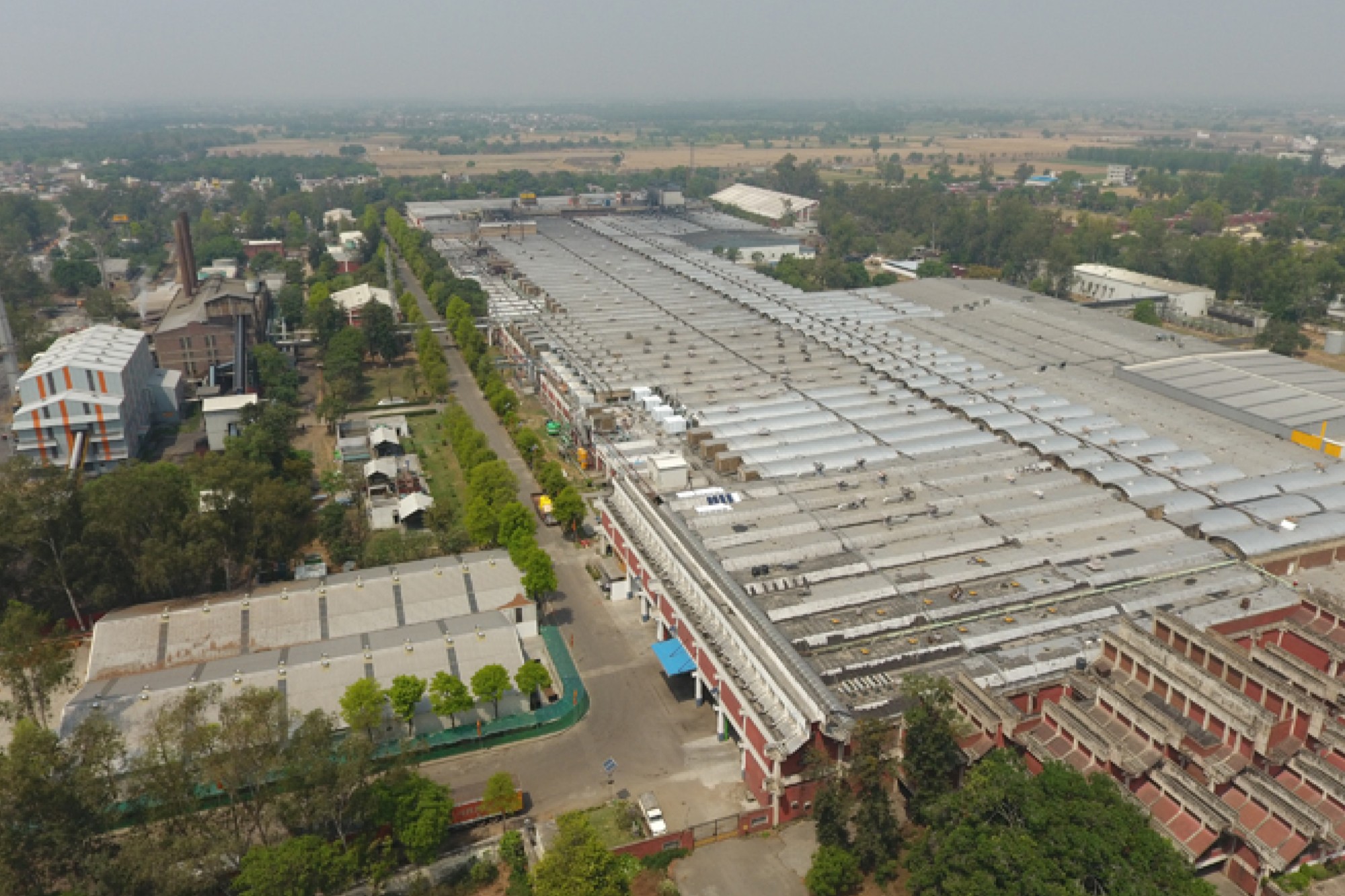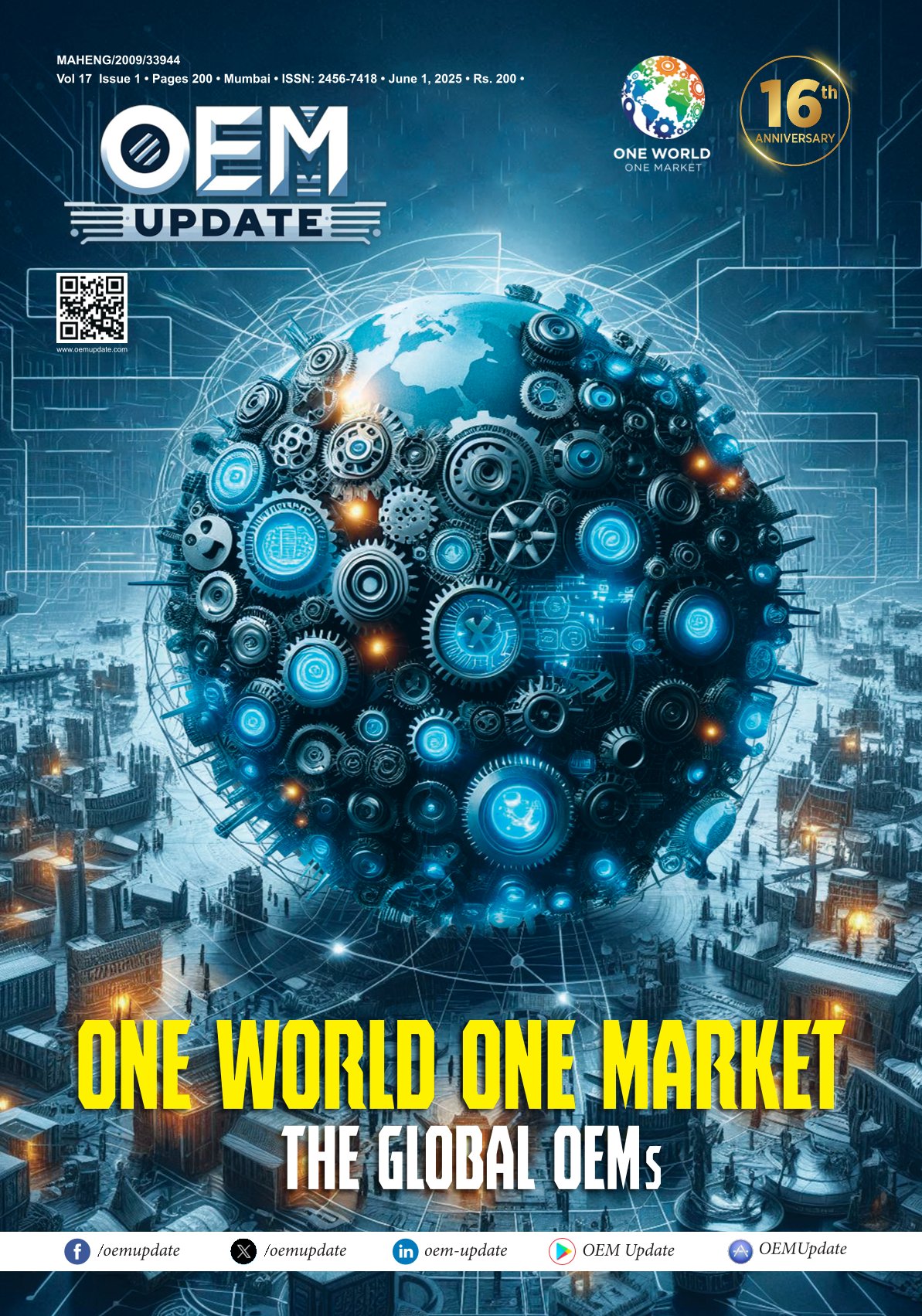Factors to Consider Before Automating your CNC Machines
By OEM Update Editorial August 3, 2021 3:57 pm IST
Mould manufacturers today experiment with various methods to boost productivity, such as employing more labour, increasing the number of work hours, or automating their CNC machines.
Automation is an approach to manufacturing that can potentially alter the trajectory of a business in the right direction. However, before diving into the world of automation, you must not be hasty or implement it at the wrong time since it can derail your production momentum in no time.
Benefits of CNC Machine Automation
Here are some benefits that tag along with fully automating your CNC machining that can put you ahead of the competition by miles:
- Greater Output Yield
Full automation lets your machines run more spindle hours with the demand for no extra operators. The output yield can be boosted substantially by successfully automating your CNC machining. Series production, be it for insignificant numbers or individual parts, can occur sequentially with complete automation that does not require the intervention of a human operator. The automated robot oversees the task of loading and unloading your lathe or milling machine, thereby minimising downtime. Automation of CNC machines let you increase the spindle hours of your lathe or small milling machine, enabling you to harness your machinery’s potential to the fullest.
- Increased Profitability
Automation lets your CNC machine run for more spindle hours with no human intervention, which substantially reduces the labour cost. This implies that your company produces at lower expenses, helping you proliferate your profits.
The ability to run your CNC machinery unstaffed lets you operate it during the day, at night, on weekends, or any other desirable timeframe.
Automation also implies that you receive a higher ROI because you can instantly achieve more profit margins post-installation. Profitability and ROI are complementary to each other, and thus, your company embarks on a journey of consistent progress.
- More Turnover at Reduced Expenses
Increasing the turnover from your CNC machine requires you to operate it for more spindle hours or cut down costs. Introducing automation in traditional CNC machining provides you with access to both these options.
Since automation does not require human intervention once programmed, you can run your machinery at any time and curtail labour costs. Automation delivers more yield at a lower expenditure, leading to a subsequent increase in turnover.
- Swift Delivery to Customers
Receiving a greater output from your CNC machine implies that products have a significantly lesser product turnaround time. Your CNC machine operating at more spindle hours each day leads to swift manufacturing of orders.
For instance, if you receive an order for 100 parts that demand 150 hours of processing, it will take three weeks to complete the order if done without automation. However, with automation, you can complete the order within a week if you operate your machines for 24 hours each day.
A shorter turnaround time renders the following advantages:
- Swift delivery of orders to customers.
- Fewer estimates of future demand.
- Less requirement of raw materials since orders are produced quickly.
- Production faults are detected immediately at the quality control centre.
Significant Considerations Before Automating Your CNC Machines
Devising an automation strategy and planning an approach for a successful implementation are the crucial steps to shape your journey of CNC automation. Here are certain factors that you must consider before automating your CNC machines:
-
Be Proactive, Not Reactive
With automation spreading like wildfire, most companies have begun to view this approach as a natural response to the market. However, this approach is reactive and not proactive and typically involves unanticipated steps, leading to unprecedented expenses. Being reactive demands more effort in drafting a long-term plan required for full automation. However, a proactive approach alleviates the odds of critical errors, overboard expenses, and manufacturing errors by letting you plan for the future.
- The Intervention of Human Workers
Following a proactive approach in the automation process demands that you meticulously layout your employees’ roles. Your employees must receive training in geometric code (g-code) and CNC programming to expand the number of fully-trained programmers that deal with your production line.
Besides being trained in programming, you must also allot roles for quality assurance officers and designers. Distinctly delegating these positions can fuel the growth of your company towards full-scale automation.
- Prepare Your Operations for Automation
Automation emphasizes underlying trends, implying that if your operations are well-grounded, automation can augment their functioning. However, if they aren’t, you might receive inferior results and unsatisfactory performance.
Ensure that your processes are ready to embrace automation by making necessary upgrades to your equipment, training workers, and carrying out physical improvements to the facilities to comply with automation standards.
- Proper Environmental Control
Full automation enables CNC machines to perform a single lengthy operation or even an entire series of processes on various parts. Machine shops that seek automation at such a scale must fully control the production operation and the environment.
Here are the three primary factors that you must regulate to maintain an ideal manufacturing environment:
- Equipment wears and the viability of breakage
- Thermal expansion of the machinery
- The spindle’s position compared to all three axes of movement.
It is imperative for regular thermal build-up above all since operations lasting 40 or 50 hours produce enormous heat that can decimate the machine’s accuracy and alter the material’s dimensions. By employing manual tools, machine operators can control those changes more efficiently while in operation. However, when in a fully closed-loop system, operators must suppress variations and eradicate the need for compensation.
- The Employment of Necessary Tools
Fully automated CNC operations require software that is competent enough to produce complex CNC programming. A fully automated CNC program demands no manual intervention but demands complex programming. This program gets integrated seamlessly with hardware.
On the hardware end, laser-based measuring equipment maintains accuracy while the software compensates for thermal fluctuations and environmental changes in real-time.
Like any other industry whose productivity has increased manifold by introducing computers in its mainstream operations, CNC machining requires a programmer to write thousands of lines of code. However, these lines of code are rewarding since you get to remove your hands from the tiller and entirely rely on automated machines. The result is a constant pace of production with no human intervention, accompanied by a considerably lower tendency of error.
Final Words
Appropriately deploying automation in your CNC machine shop offers a plethora of benefits, including a faster turnaround time, reduced costs, and greater yield. While the fundamentals of machine operation remain the same, automation provides CNC machines with intelligence that lets them react to significantly more stimuli than most machinists.
Contributed by:
Peter Jacobs, Senior Director, Marketing at CNC Masters.
Cookie Consent
We use cookies to personalize your experience. By continuing to visit this website you agree to our Terms & Conditions, Privacy Policy and Cookie Policy.



